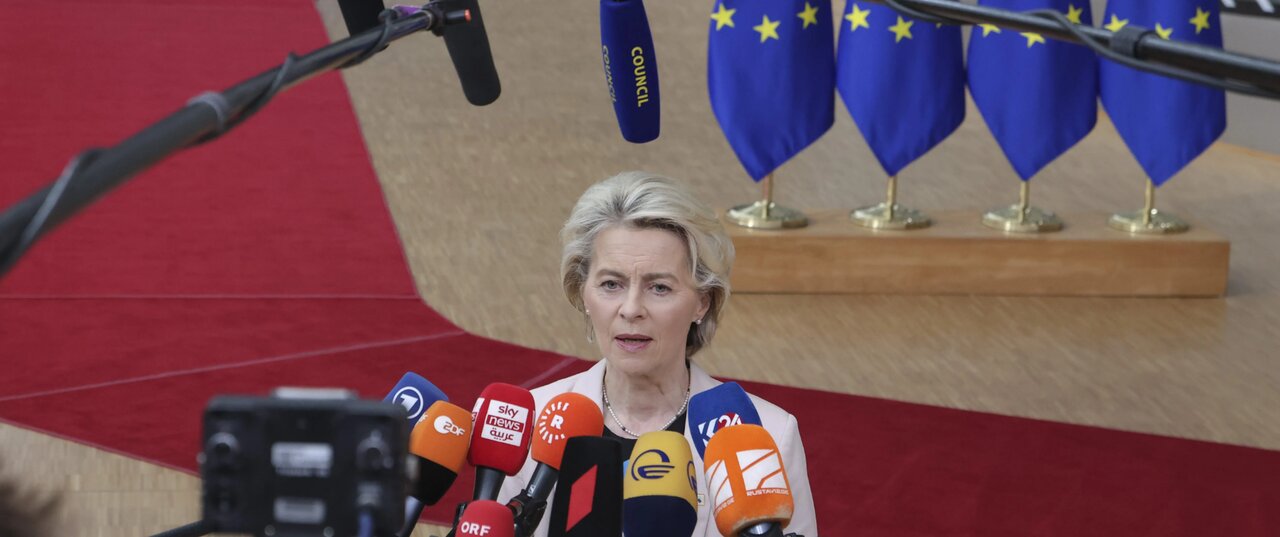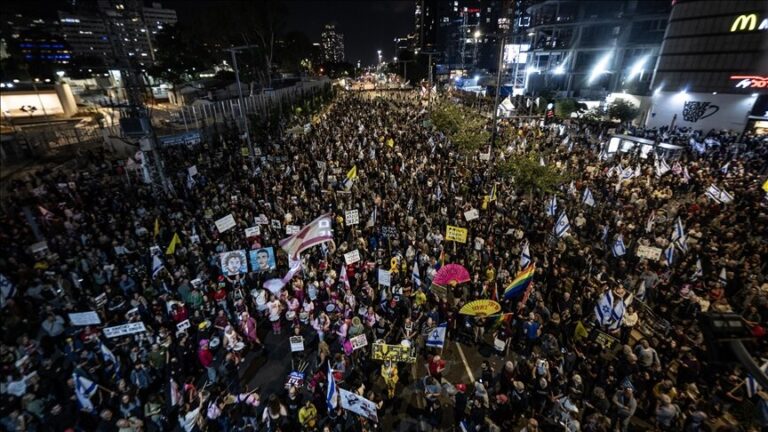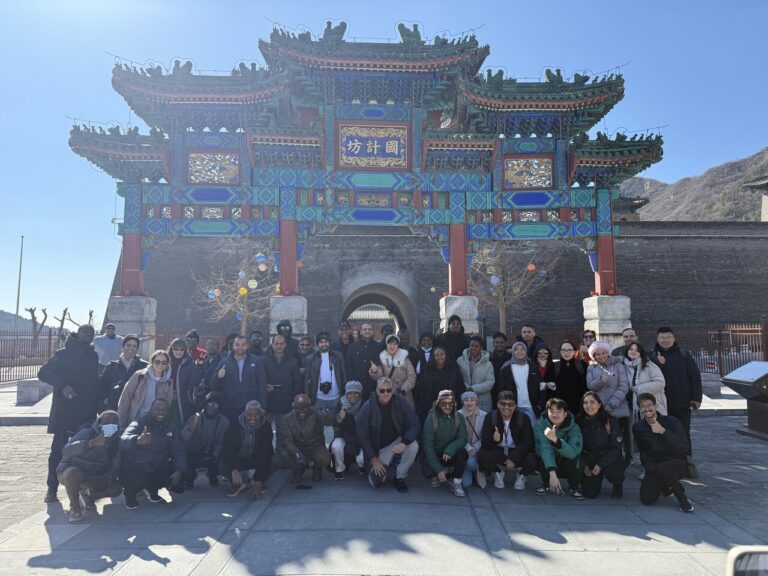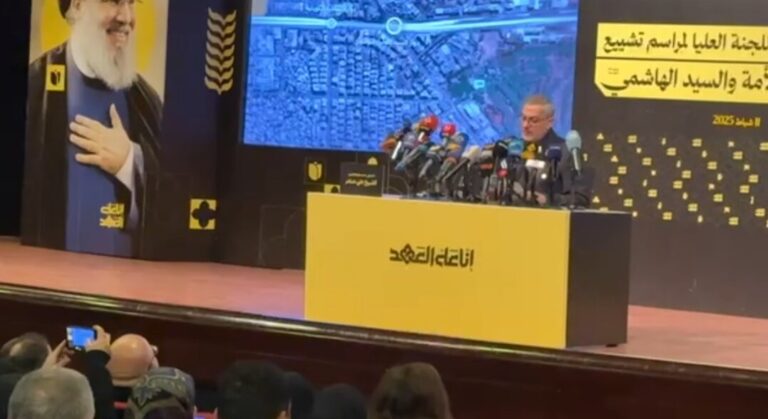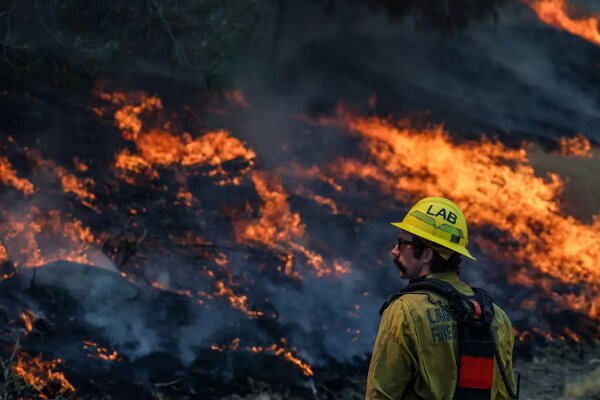UN’s Albanese Calls for War Crimes Charges Against EU President: A Call for Accountability
In a controversial development concerning international law and accountability, Francesca Albanese, the United Nations special rapporteur on the occupied Palestinian territories, has called for the prosecution of European Commission President Ursula von der Leyen and other EU officials for their alleged complicity in war crimes during “Israel’s” ongoing conflict in Gaza. This assertion has sparked significant discourse around the role of global leaders in conflict situations.
According to a report by Al Mayadeen, Albanese made these remarks in an exclusive interview with The Intercept, where she detailed the implications of the EU’s political and diplomatic support for “Israel.” She emphasized that such support could be interpreted as aiding and abetting violations of international law.
Albanese stated, “They will have to understand that immunity cannot equate with impunity,” highlighting the need for accountability among high-ranking officials. She further elaborated, “I’m not someone who says, ‘History will judge them’ — they will have to be judged before then.”
This call for accountability comes amidst mounting criticism of EU leaders, particularly regarding their stance on the conflict. A formal complaint has been lodged with the International Criminal Court (ICC) against Ursula von der Leyen, alleging her complicity in war crimes associated with the Gaza conflict. Critics assert that von der Leyen, along with other EU officials, including foreign affairs chief Kaja Kallas, has supported “Israel’s” military actions, despite existing international legal obligations aimed at preventing acts of genocide.
Key points of concern raised by Albanese and other critics include:
- Political Support for Israel: EU officials have consistently backed “Israel” in various international forums, raising questions about their commitment to uphold international law.
- Legal Obligations: There are international treaties and laws that mandate nations to prevent genocide and protect human rights during conflicts.
- Call for Accountability: Albanese emphasizes that accountability should not be delayed and that officials must face the consequences of their actions.
The implications of these statements are profound, as they challenge the existing norms of diplomatic immunity often enjoyed by political leaders. Albanese’s comments resonate with a growing sentiment that leaders should not be shielded from facing justice for actions that may contribute to war crimes.
As the conflict in Gaza continues, the international community is increasingly scrutinizing the roles played by various governments and organizations. Many activists and legal experts are advocating for a thorough investigation into the actions of EU officials, arguing that their support for “Israel” could be seen as complicity in the ongoing humanitarian crisis.
Albanese’s position highlights a critical intersection between international law and diplomatic relations. The notion that political leaders should be held accountable for their actions, particularly in relation to human rights violations, underscores a shift towards a more responsible approach to international governance.
Furthermore, this situation raises important questions regarding the future of international diplomacy and the responsibilities that come with power. As the world watches the developments in Gaza, the call for accountability from figures like Albanese may pave the way for more robust mechanisms to ensure that leaders are held responsible for their actions on the global stage.
In conclusion, the ongoing discourse surrounding the accountability of EU officials for their alleged complicity in war crimes in Gaza is a pivotal moment in the intersection of international law and politics. The voices advocating for justice are becoming louder, challenging the traditional notions of immunity that have long protected political leaders from prosecution. As the situation evolves, it remains to be seen how these calls for accountability will impact the future actions of EU officials and their responses to international humanitarian law.
